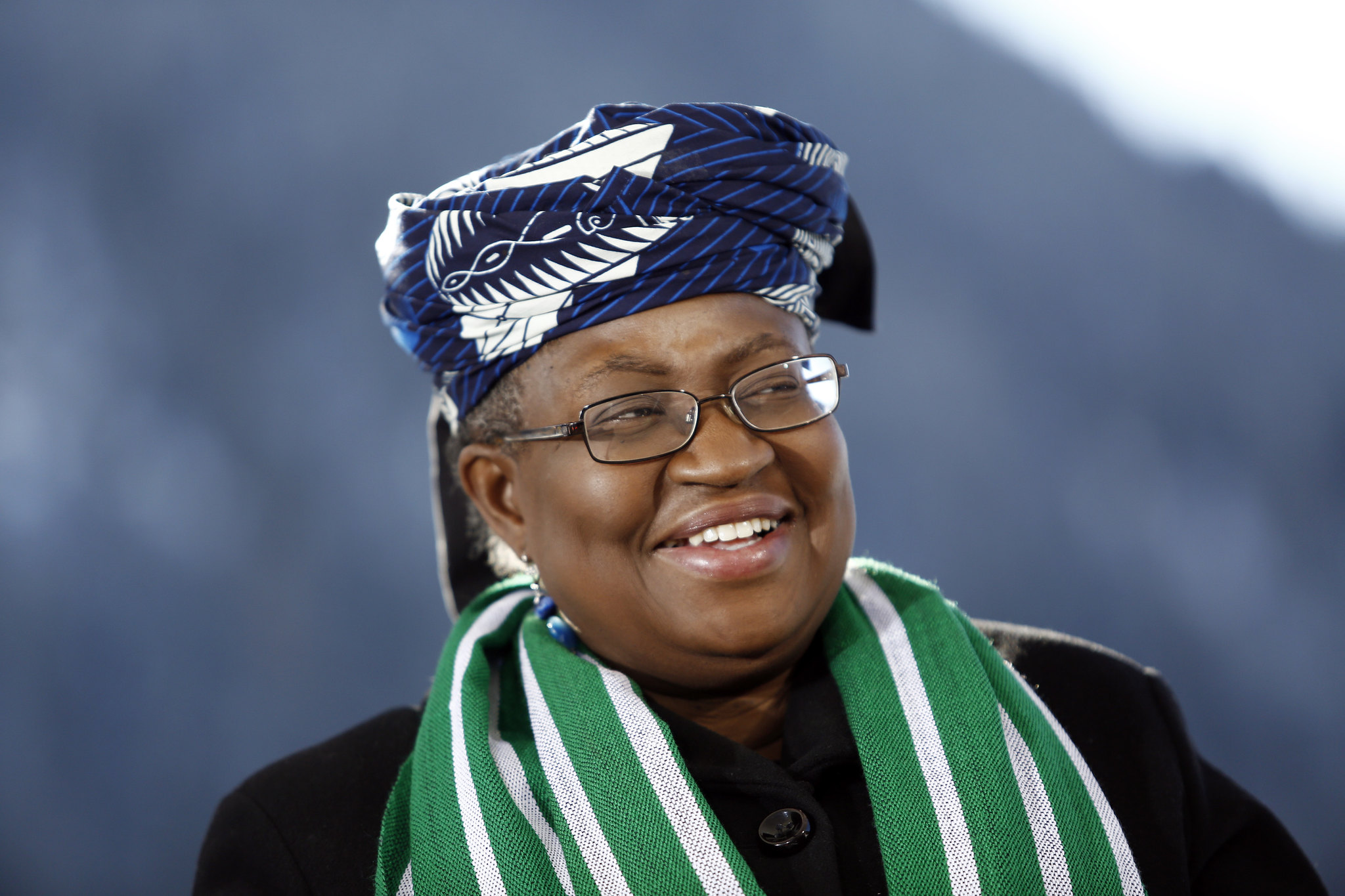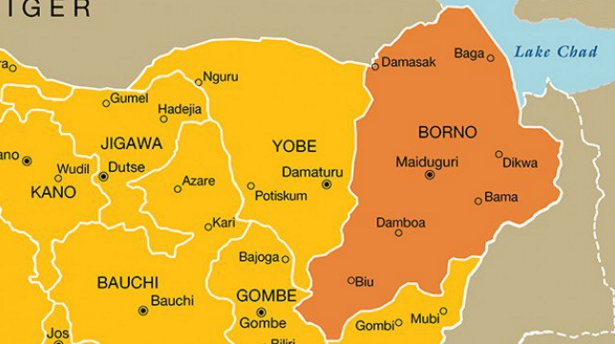Four cancer-fighting non-governmental organisations have asked the federal government to prioritise cancer patients when it rolls out the COVID-19 vaccine.
The groups are Project PINK BLUE, Network of People Impacted by Cancer in Nigeria (NePICiN), Raise Foundation and Abuja Breast Cancer Support Group (ABC-SG).
In a joint statement, they noted that the first Nigerian to die of COVID-19 was a cancer patient.
They said the country currently has over 100,000 cancer patients and over 70,000 of them die yearly, adding that more cancer patients should not have to die because of COVID-19.
Advertisement
“The first Nigerian to die of COVID-19 was a cancer patient who contracted the virus. Clearly, people living with cancer and other underlying diseases are at greater risk of contracting and dying from COVID-19,” the statement read.
“For this reason, we are calling on the federal government of Nigeria and all the relevant agencies to prioritise cancer patients and people living with underlying conditions in the rollout of COVID-19 vaccine in Nigeria.
“Cancer patients should be on the priority list. Presently Nigeria has over 100,000 cancer patients and over 70,000 die every year. We cannot afford to have more cancer deaths due to COVID-19.
Advertisement
“Cancer patients are fathers, mothers, brothers, sisters, uncles, aunties and children who still have a future and aspirations in life. In the United Kingdom, cancer patients are on the priority list 6 and in the United States, cancer patients are priority phase 1c. Same is applicable to many other countries. For this reason, the federal government must protect the cancer patients.”
The groups said the country is still lacking important cancer diagnostic and treatment equipment.
“We also want to remind the government that Nigeria is still lacking in many cancer diagnosis and treatment infrastructures.
There is no positron emission tomography (PET Scan) and Fluorescence in situ hybridization (FISH Test) in the entire country,” they said.
“For the FISH Test, samples are only collected in Nigeria and sent to South Africa for diagnosis. Due to absence of reagents for tumour marker and bone scans in Nigeria, it takes one to six months to get these very significant tests done in our country.”
Advertisement
They called on the government to build a strong and sustainable healthcare system in the country.
The statement was signed by Gloria Orji, NePICiN president; Khadijat Banwo-Fatai, board member of NePICiN and Project PINK BLUE; and Runcie Chidebe, executive director of Project PINK BLUE.
Add a comment







